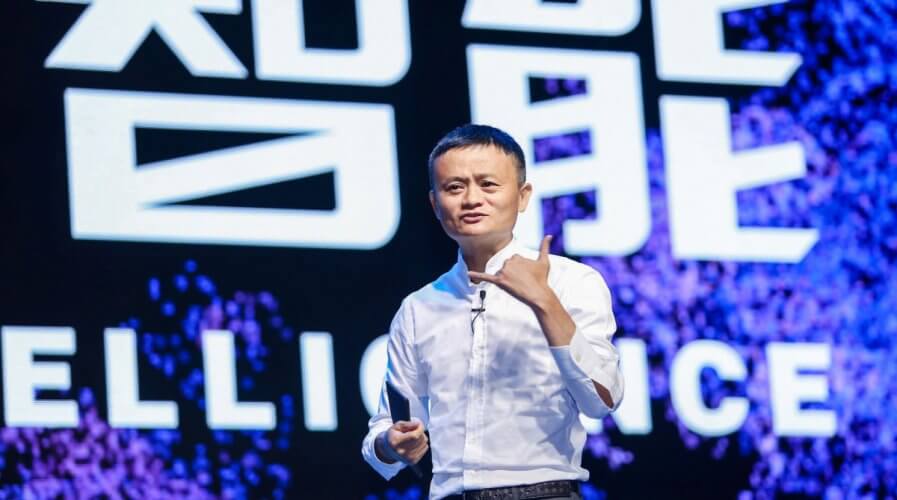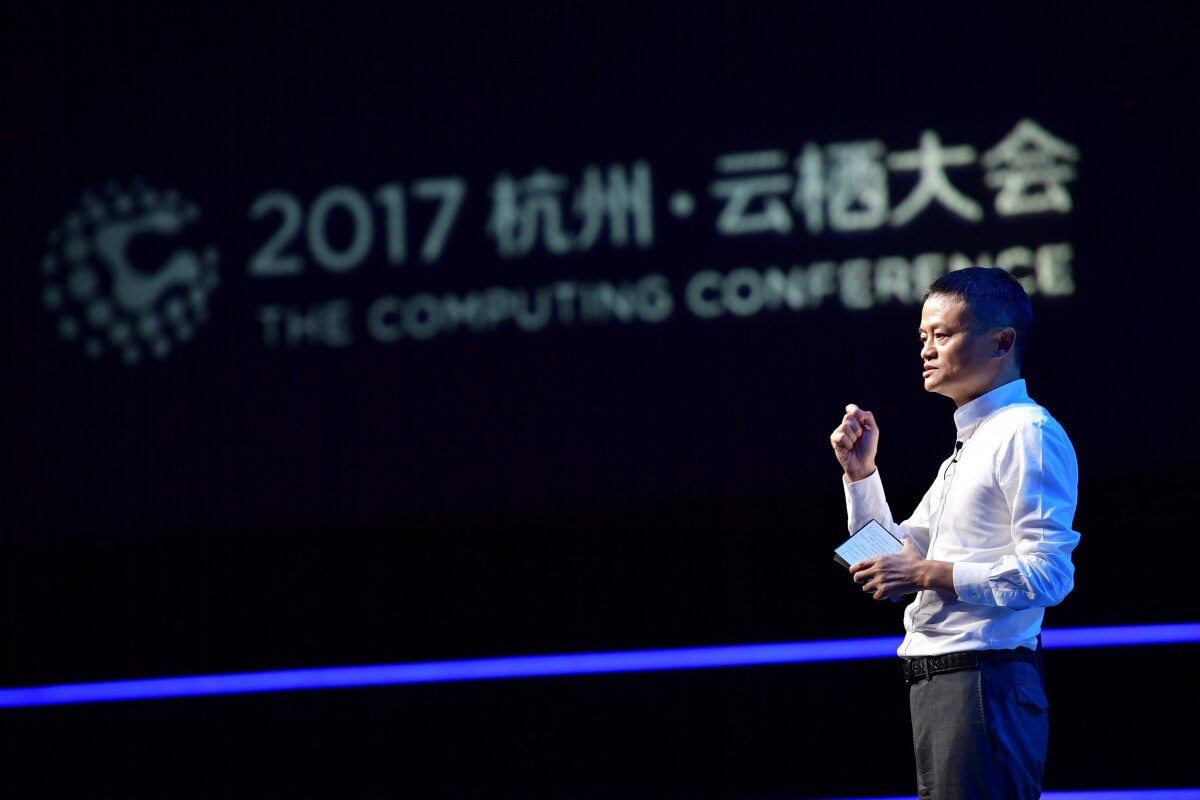
Jack Ma, Chairman of Alibaba Group, speaks during the Computing Conference in Yunqi Town of Hangzhou, Zhejiang province, China. Source: Reuters
Alibaba plans to spend a shocking $15b on R&D projects
AS part of a new drive to build overseas research hubs, China’s top e-commerce firm, Alibaba Group Holding Ltd., will invest US$15 billion in research and development to compete with global leaders in e-commerce, logistics and cloud technology.
On Wednesday, the company said its “Damo” academy will launch eight research bases in China, Israel, the United States, Russia and Singapore, as well as hire 100 researchers to work in the areas of artificial intelligence (AI), quantum computing and fintech.

Alibaba will launch eight ‘Damo’ academies which will be tasked with building up support for their overall network. Source: Reuters
“The Alibaba Damo Academy will be at the forefront of developing next-generation technology that will spur the growth of Alibaba and our partners”, Alibaba’s chief technology officer Jeff Zhang said according to Reuters.
Alibaba already has a data science research lab in California and has opened further centers in Europe, the United States, the Middle East, Australia, Japan, India and Indonesia since 2016.
The company, which has recently undergone rapid expansion bringing it into direct competition with US e-retailer Amazon.com Inc., since last year has invested roughly US$2 billion to acquire a majority stake in Singapore-based retailer Lazada.com.
SEE ALSO: Step aside, IKEA – Alibaba’s Home Times brings tech to furniture shopping
This purchase has created a network of e-commerce hubs across Southeast Asia in partnership with payment affiliate Ant Financial. The company is also pursuing a US$1.2 billion bid for U.S. money transfer service MoneyGram.
Alibaba’s recent investment follows announcements from the Chinese government that it will prioritise state funding in quantum computing, AI and big data, urging provincial governments, universities, the military and private firms to play a bigger role in developing advanced technology in areas where China still lags behind developed countries.
READ MORE
- The criticality of endpoint management in cybersecurity and operations
- Ethical AI: The renewed importance of safeguarding data and customer privacy in Generative AI applications
- How Japan balances AI-driven opportunities with cybersecurity needs
- Deploying SASE: Benchmarking your approach
- Insurance everywhere all at once: the digital transformation of the APAC insurance industry
